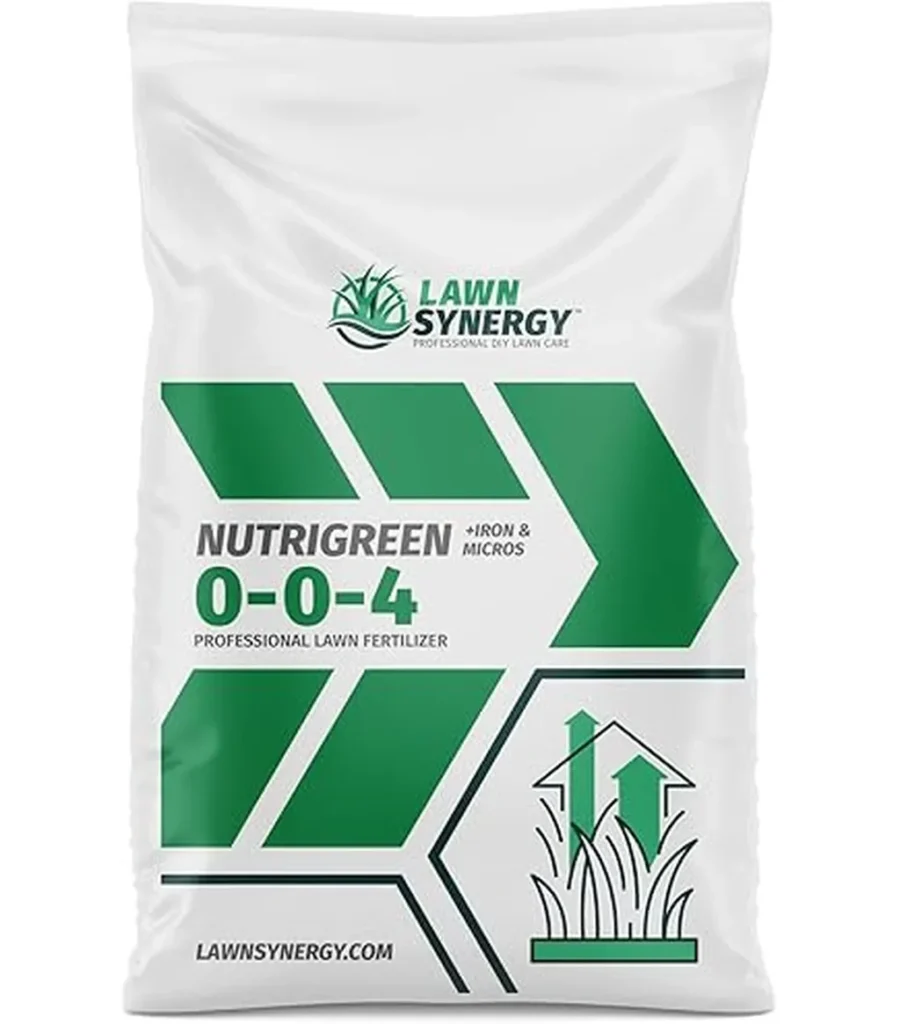Verde AgriTech Ltd has secured a new Brazilian patent for an industrial process that integrates biological additives with mineral fertilizers, marking a significant step in sustainable agriculture innovation. The patent, granted to its subsidiary Verde Fertilizantes LTDA by Brazil’s National Institute of Industrial Property (INPI), covers both the production method and the resulting fertilizer product—available in powdered, granulated, or microgranulated forms.
The technology combines glauconitic siltstone—a potassium-rich sedimentary rock—with beneficial microorganisms, creating a fertilizer that enhances soil and plant health while reducing reliance on chemical inputs. Unlike traditional manufacturing, this process skips the energy-intensive drying phase, cutting production costs and extending microbial viability for up to 180 days. This allows for the inclusion of bacteria and fungi that support nitrogen fixation, phosphate solubilization, biocontrol, and plant growth promotion.
Cristiano Veloso, Verde’s CEO and founder, emphasized the patent’s role in meeting the rising demand for sustainable and biological farming solutions. “Fertilizers are the backbone of agricultural productivity, and innovation must keep pace with farmers’ needs,” he noted. The patent strengthens Verde’s intellectual property portfolio, which now includes five granted patents in Brazil and three pending applications.
The implications of this development extend beyond cost efficiency. By enabling the integration of diverse microorganisms, the technology aligns with global trends toward regenerative agriculture, where biological inputs play a key role in improving yields without environmental trade-offs. For Verde, this patent reinforces its position as a leader in specialty potassium fertilizers while opening new avenues in the biofertilizer market.
As the agricultural sector faces pressure to adopt more sustainable practices, innovations like Verde’s could bridge the gap between productivity and environmental stewardship. The company’s focus on scalable, biologically enhanced fertilizers suggests a shift toward solutions that benefit both farmers and ecosystems in the long term.

